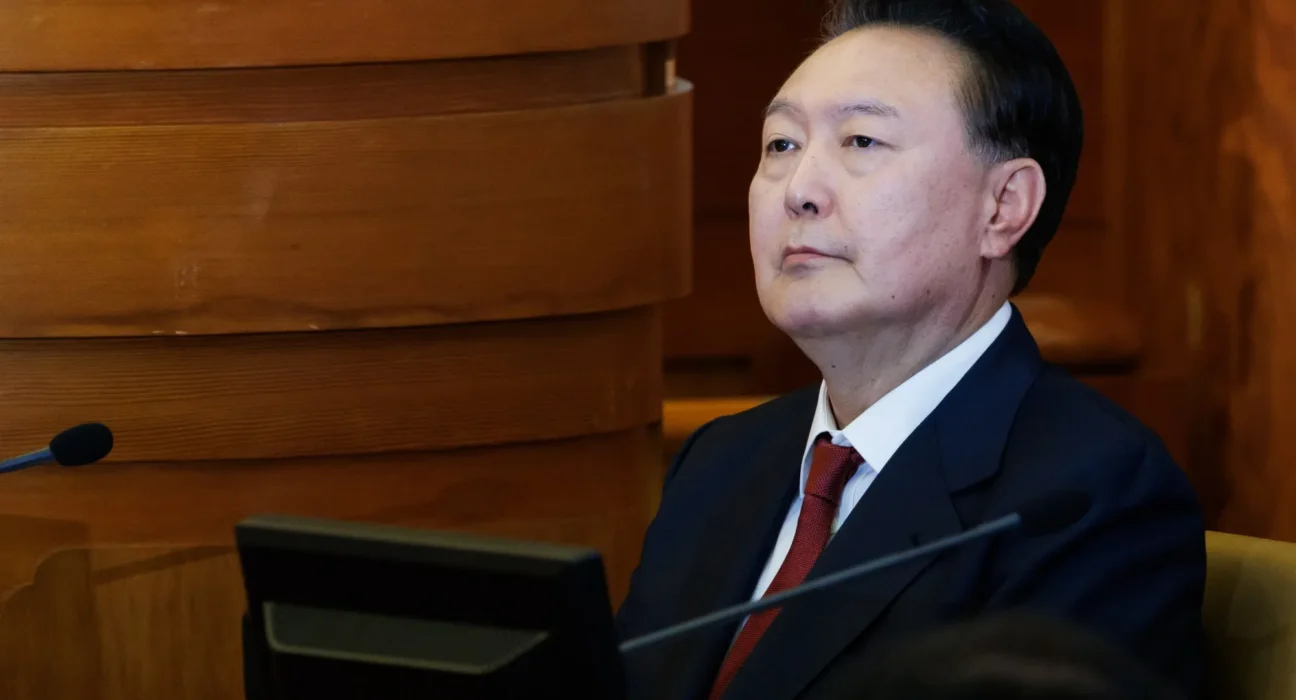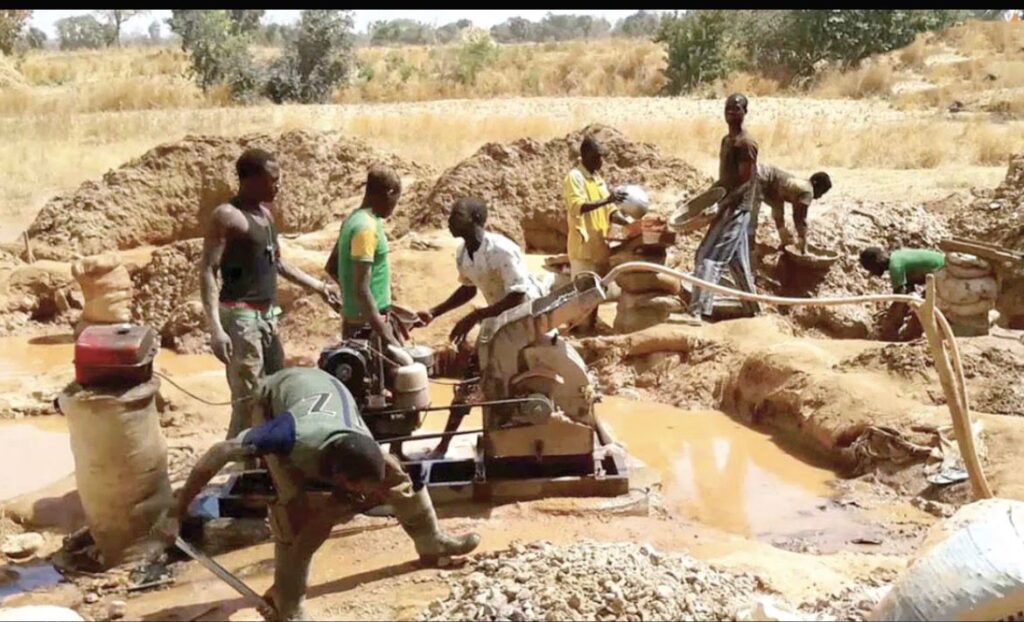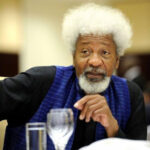South Korean Prosecutors Renew Bid to Arrest Ex-President Yoon

South Korean investigators have once again sought the arrest of former President Yoon Suk Yeol, submitting a fresh detention request to the Seoul Central District Court on Saturday, July 6, amid a growing list of criminal allegations tied to his controversial final months in office.
The special prosecution team, appointed under current President Lee Jae-myung’s administration, is accusing Yoon of multiple offenses, including abuse of power, obstruction of official duties, falsification of public documents, and actions linked to his attempted imposition of martial law in December 2024.
This is the second time prosecutors are requesting Yoon’s arrest. He was previously detained in January 2025 following his impeachment and removal from office but was later released on technical grounds after 52 days in custody. Since then, the investigation has expanded, with over 200 personnel working under a special counsel appointed to probe the events surrounding Yoon’s dramatic fall from power.
The charges stem primarily from Yoon’s December 3, 2024, declaration of martial law, during which he reportedly deployed troops to the National Assembly in a failed attempt to block lawmakers from finalizing his impeachment.
The move, widely condemned domestically and internationally, was reversed within hours following judicial intervention and massive public outrage.
Yoon’s legal team has described the renewed arrest bid as excessive and politically motivated, arguing that he has consistently cooperated with investigators.
However, prosecutors maintain that the seriousness of the charges, including potential insurrection, warrants detention to prevent evidence tampering and ensure accountability.
If found guilty of insurrection, Yoon could face life imprisonment or even the death penalty under South Korean law.
The court is expected to rule on the arrest request in the coming days, setting the stage for what could become one of the most consequential trials in South Korea’s democratic history.









